13 Peanut Butter Brands You Should Avoid At All Costs
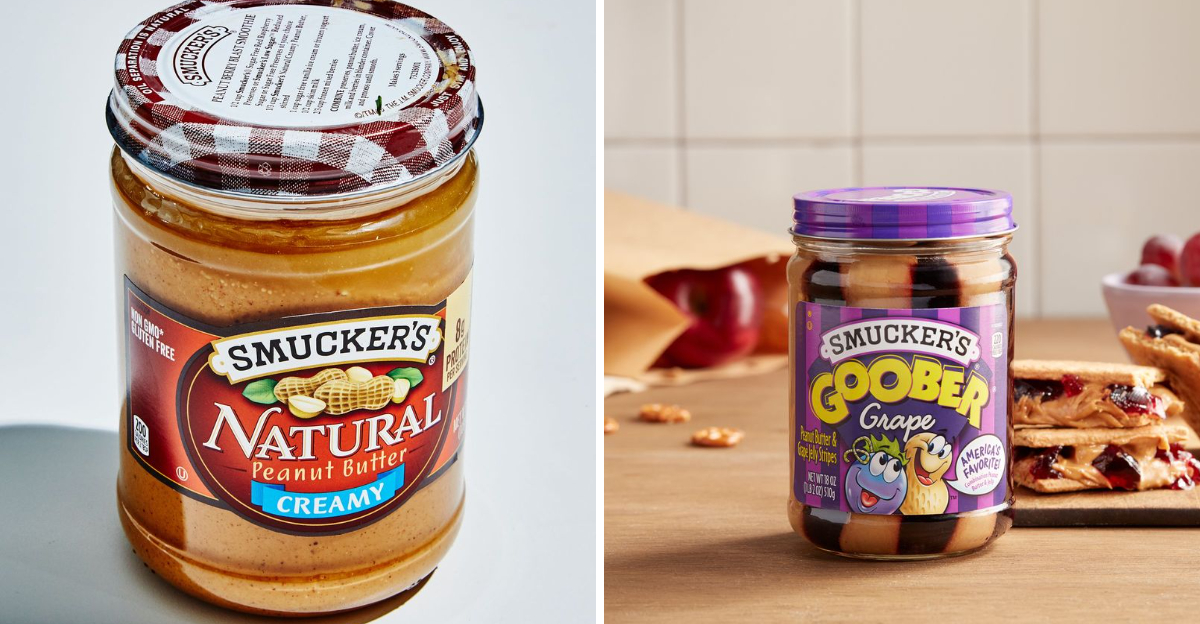
Peanut butter seems simple—roasted peanuts, maybe some salt—but many store-bought jars are anything but. From added sugars to questionable oils and even potential contamination, not all peanut butters are created equal. Here are 13 brands you may want to keep out of your pantry, whether for health, safety, or flavor reasons.
1. Skippy Reduced Fat Peanut Butter
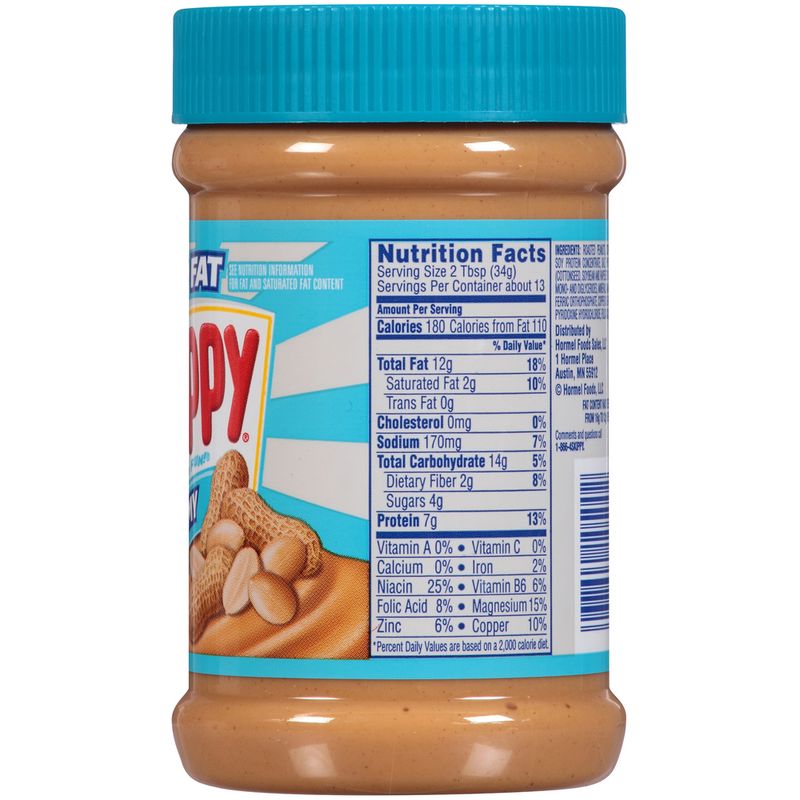
Skippy Reduced Fat Peanut Butter might sound appealing for those watching their waistlines, but it’s a classic case of misleading labels. The promise of reduced fat often translates to less peanuts and more additives. Skippy’s version is a concoction of corn syrup solids and hydrogenated oils, making it far from a wholesome choice.
This peanut butter trades natural goodness for artificial fillers, stripping away the health benefits associated with pure peanuts. While the texture remains smooth and creamy, the taste tells a different story, with a sugary profile that’s hard to ignore. Read the label carefully before purchasing.
2. Peter Pan Peanut Butter
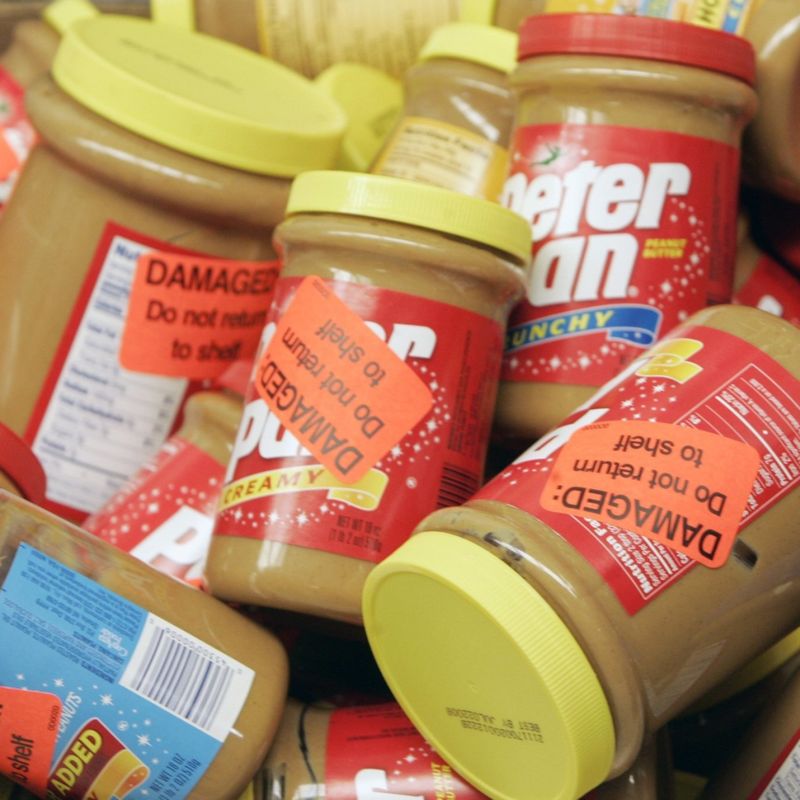
Peter Pan Peanut Butter carries a whimsical name, but its history is less enchanting. This brand has experienced multiple recalls due to salmonella, raising concerns about its safety. Consumers might find the taste appealing, yet the presence of fully hydrogenated oils is a significant downside.
These oils make the spread creamy but at the cost of health. While the packaging exudes nostalgia, the content inside demands caution. Recalls might be in the past, but the legacy of concerns lingers, making it a brand worth scrutinizing. Always verify the safety of this nostalgic favorite.
3. Jif Peanut Butter (Some Varieties)
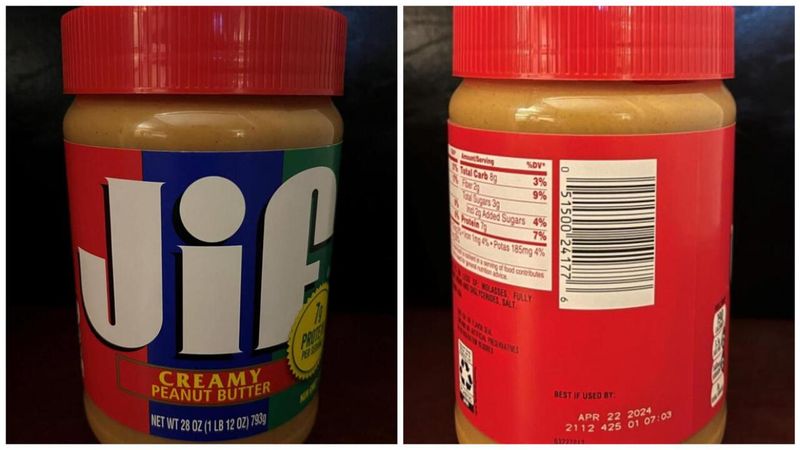
Jif is a household name, adored for its taste and texture. However, some varieties have been under scrutiny for their high sugar content and the use of palm oil. These ingredients, along with past salmonella recalls, make it essential to check each label thoroughly.
Not all Jif is created equal, and while some options remain popular, others might compromise well-being. It’s a reminder that even trusted brands require consumer vigilance. The sweet allure of Jif can be tempting, but knowledge is key to making a healthy choice.
4. Reese’s Creamy Peanut Butter
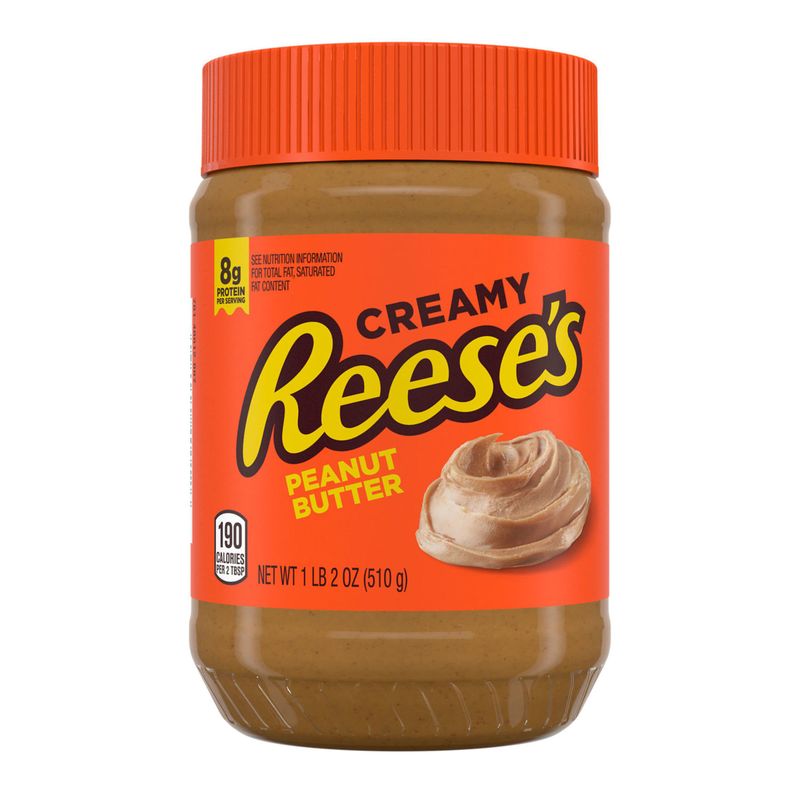
Reese’s Creamy Peanut Butter promises to bring the beloved candy experience to your toast, but it often falls short. Instead of the expected chocolatey-peanut bliss, you’ll find a concoction laden with sugar, soy lecithin, and hydrogenated oils.
The result? A spread that tastes more like a candy bar than a healthy nut butter. While it carries the Reese’s name, purists seeking genuine peanut flavor might be disappointed. It captures the essence of dessert rather than a nutritious snack, making it more of a treat than a staple.
5. Great Value Peanut Butter (Walmart)
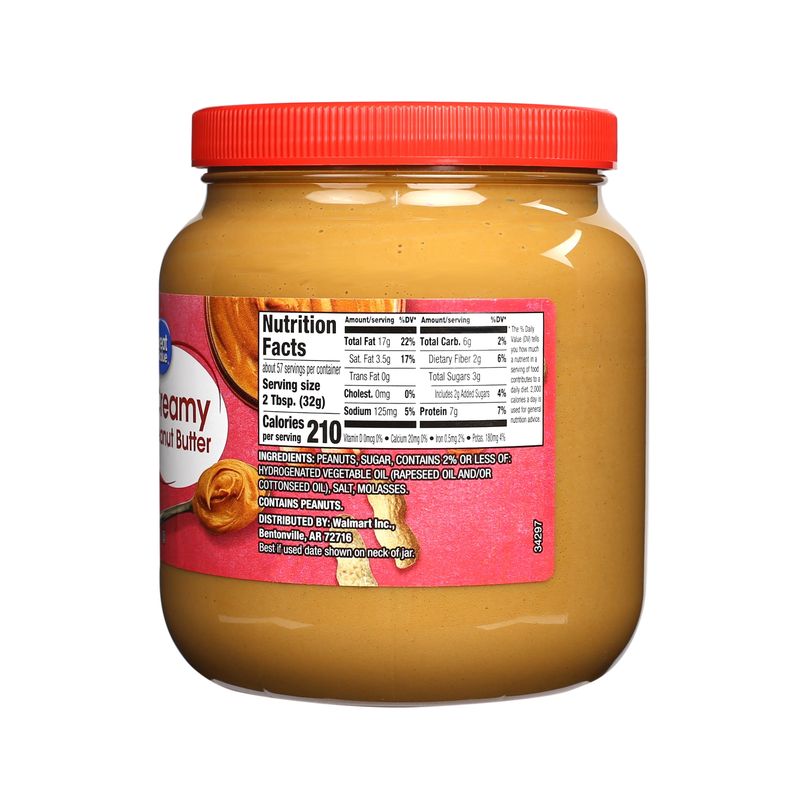
Great Value Peanut Butter offers an enticingly low price, but it comes with nutritional compromises. This budget-friendly option is heavy on sugar, molasses, and oils, which are not ideal for those looking for a predominantly peanut-based spread.
Its affordability makes it attractive, especially to families, but the ingredient list suggests it’s a cost-cutting measure at the expense of quality. If purity is what you seek, this might not be the right choice. The label might say ‘peanut butter,’ but the composition tells a different story.
6. Kroger Creamy Peanut Butter
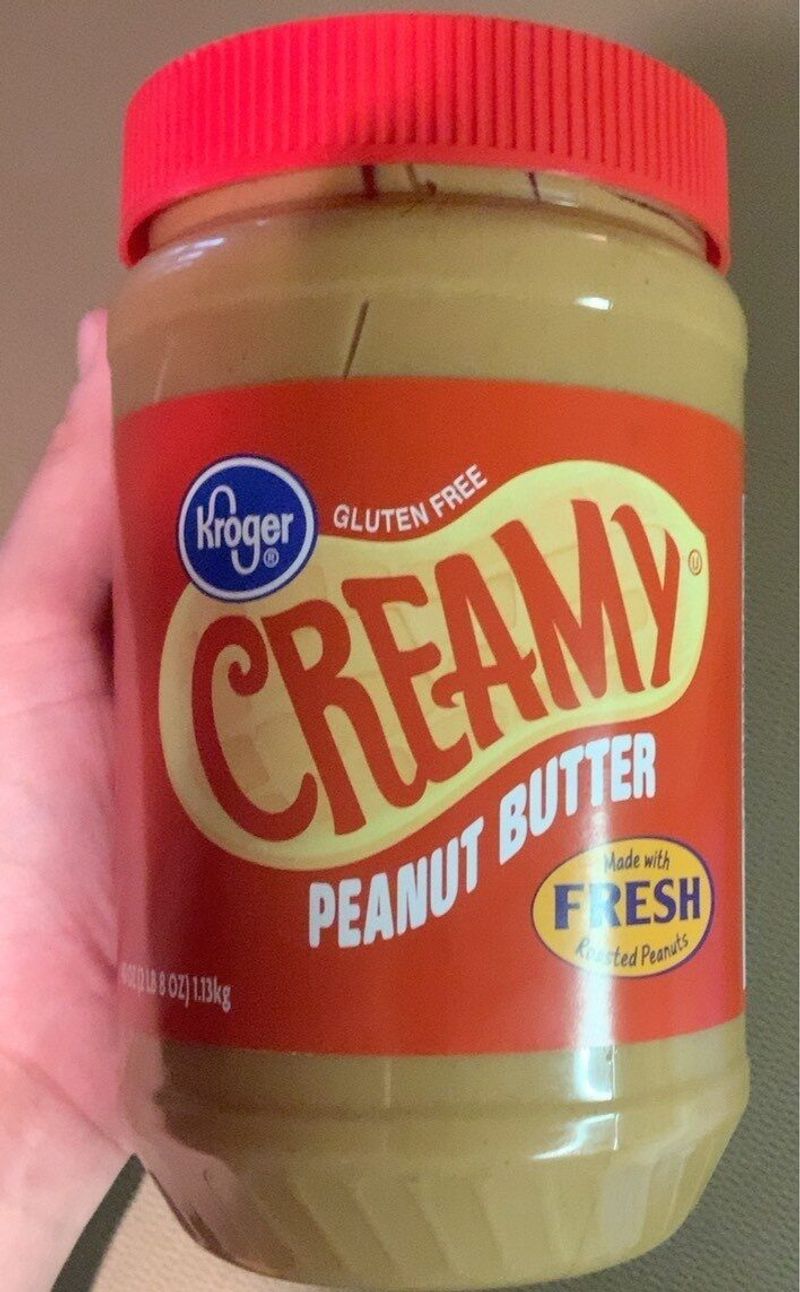
Kroger Creamy Peanut Butter is a convenient choice for many shoppers, but its ingredient list reveals some hidden pitfalls. Like many store brands, it includes added sugars and oils that prioritize shelf stability over health benefits.
While it spreads easily, the additional ingredients can overshadow the natural peanut taste, leaving health-conscious consumers to question their choice. It’s a reminder that not all peanut butters are equal, and sometimes, convenience comes with a compromise. Checking labels becomes crucial to ensure you’re getting what you expect.
7. Planters Peanut Butter
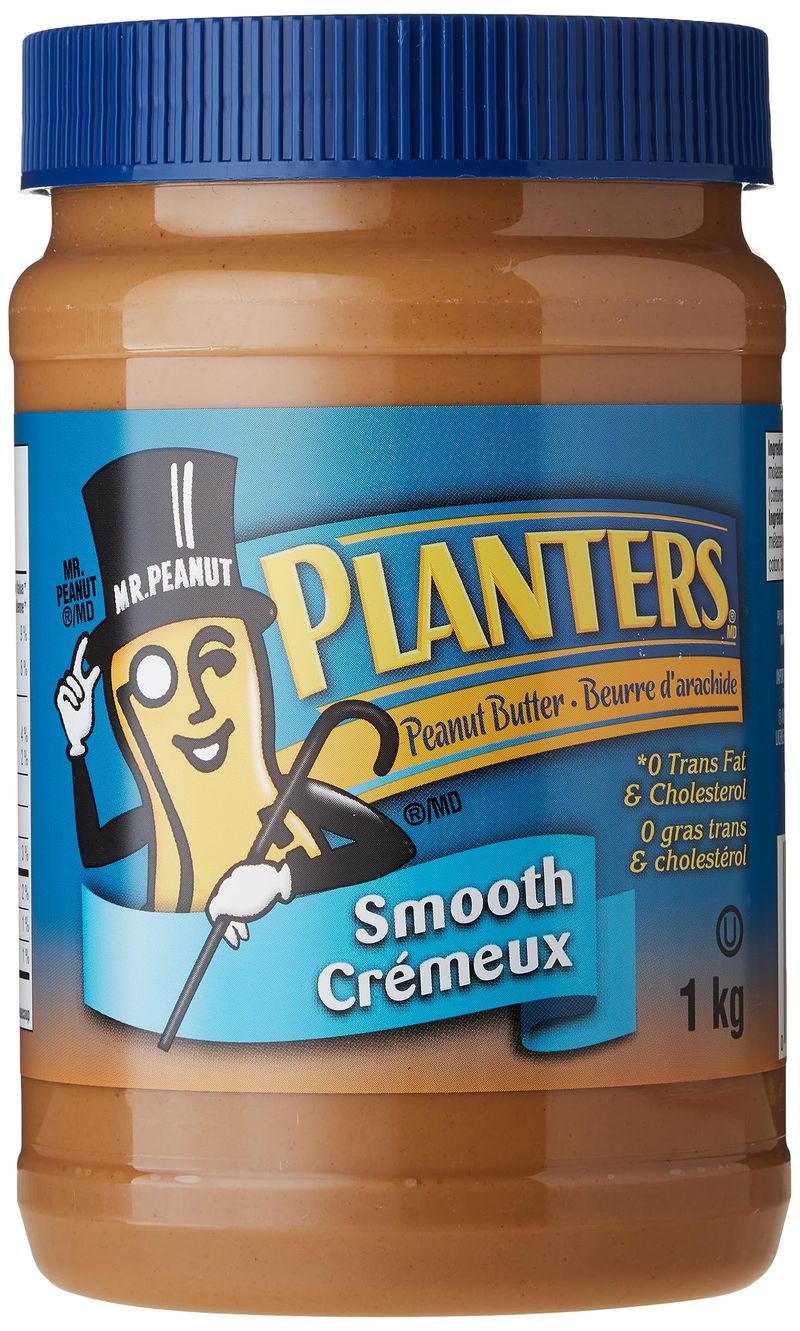
Planters, known for its nuts, surprisingly adds corn syrup and hydrogenated oils to its peanut butter. This makes it less desirable for those looking for a natural spread. While you might expect a peanut company to excel in peanut butter, Planters’ formula is unexpectedly processed.
The spread’s texture is smooth, yet the additional ingredients detract from its wholesomeness. This choice appeals to those who prioritize taste over purity, but for others, it’s a wake-up call to read ingredient labels more carefully. Consider your priorities before selecting this brand from the shelf.
8. Goober Stripes
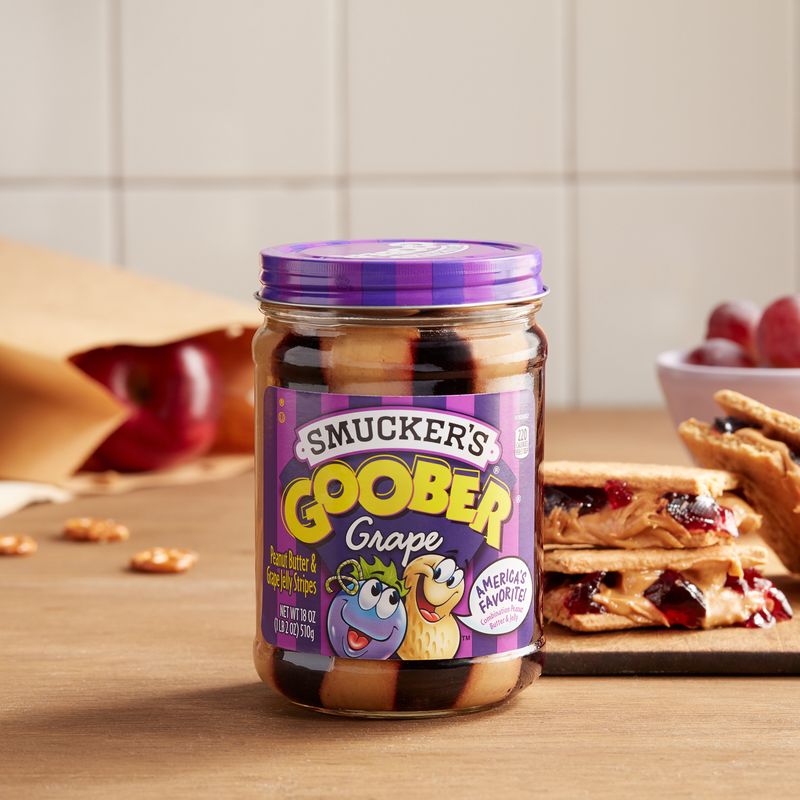
Goober Stripes offer a playful blend of peanut butter and jelly in a single jar, appealing to kids and the young at heart. However, this visual delight is packed with sugar and artificial flavors, which might not suit everyone’s taste or health goals.
The swirl is eye-catching, but the nutritional profile is less appealing. While the concept is fun, the reality is a highly processed product that lacks the genuine taste of fresh peanuts. It’s a reminder that food should be more than just presentation, especially when health is a concern.
9. PB Crave Flavored Peanut Butters
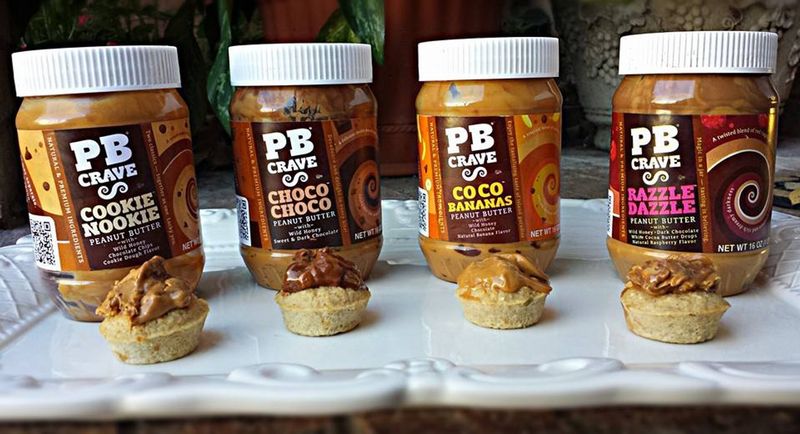
PB Crave brings excitement to peanut butter with flavors like Cookie Nookie and Razzle Dazzle. These options sound thrilling, but they’re essentially dessert spreads masquerading as nut butter. Loaded with sugar and palm oil, they shift far from being a healthy choice.
The creative flavors might tempt your taste buds, but they come at a nutritional cost. These spreads are more about indulgence than sustenance, making them more suitable for occasional treats rather than daily consumption. Fun in flavor, but moderation is key to balance enjoyment and health.
10. Smucker’s Natural (If Not Stirred Properly)
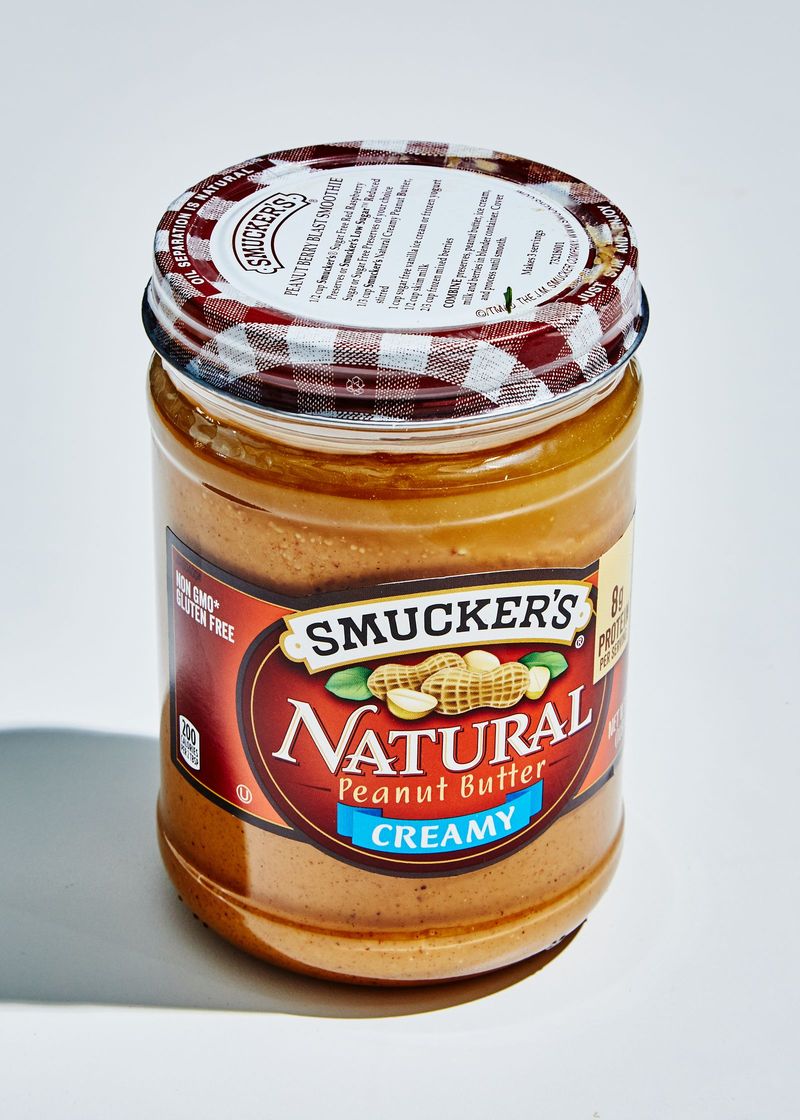
Smucker’s Natural Peanut Butter stands out for its simple ingredients, but it requires proper handling to maintain quality. The oil separation, though natural, can cause spoilage or an unpleasant texture if not stirred and stored correctly.
This brand offers an authentic peanut experience, yet mishandling can turn this advantage into a drawback. Those unfamiliar with natural peanut butter might find the maintenance tedious, but it rewards with purity. It’s ideal for those willing to embrace the process for the sake of genuine taste.
11. Justin’s Classic Peanut Butter (Jarred)
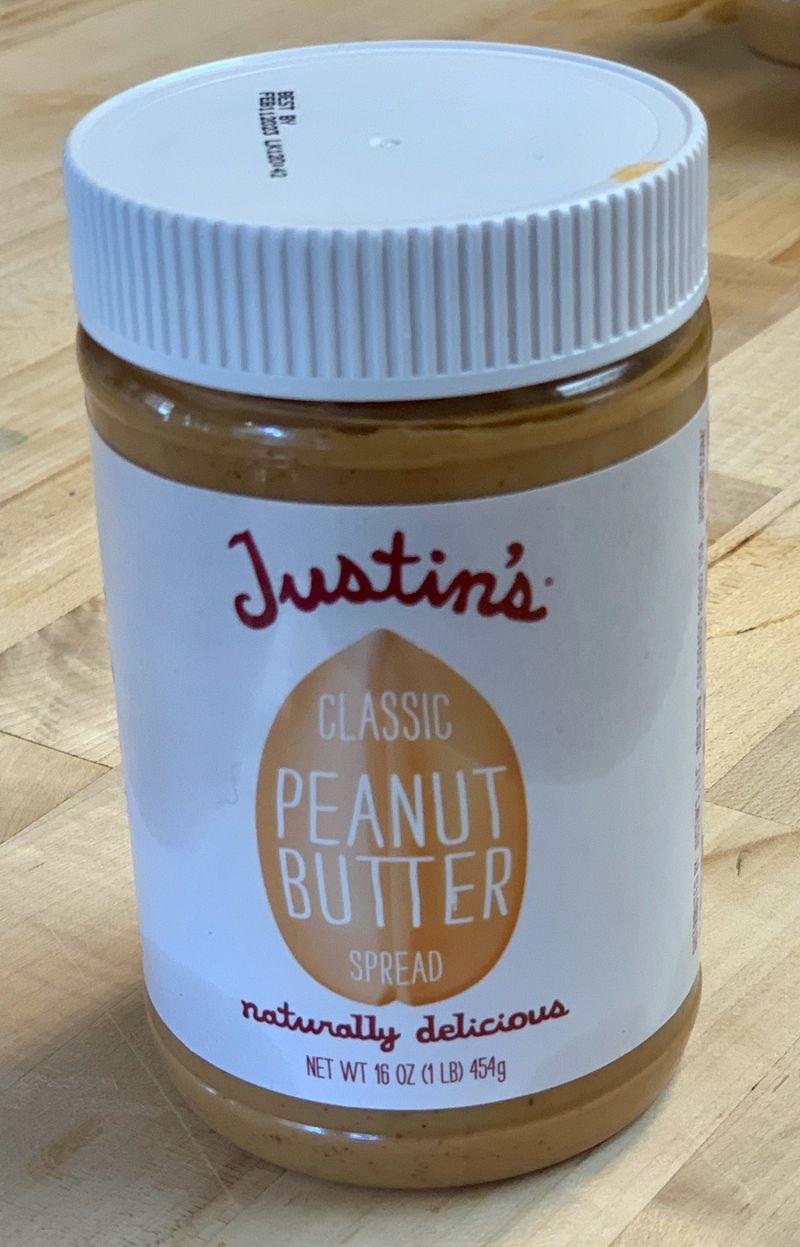
Justin’s Classic Peanut Butter, known for its clean ingredients, faces criticism for its jarred version. Many find the texture chalky and challenging to spread, which detracts from the enjoyment of this otherwise wholesome product.
While the brand maintains a reputation for quality, the jar format presents a hurdle for some users. The promise of purity is met, but convenience and usability might fall short. For fans of Justin’s, it’s a small price to pay for clean eating, though others may seek more user-friendly options.
12. Aldi’s Peanut Delight (Some Varieties)
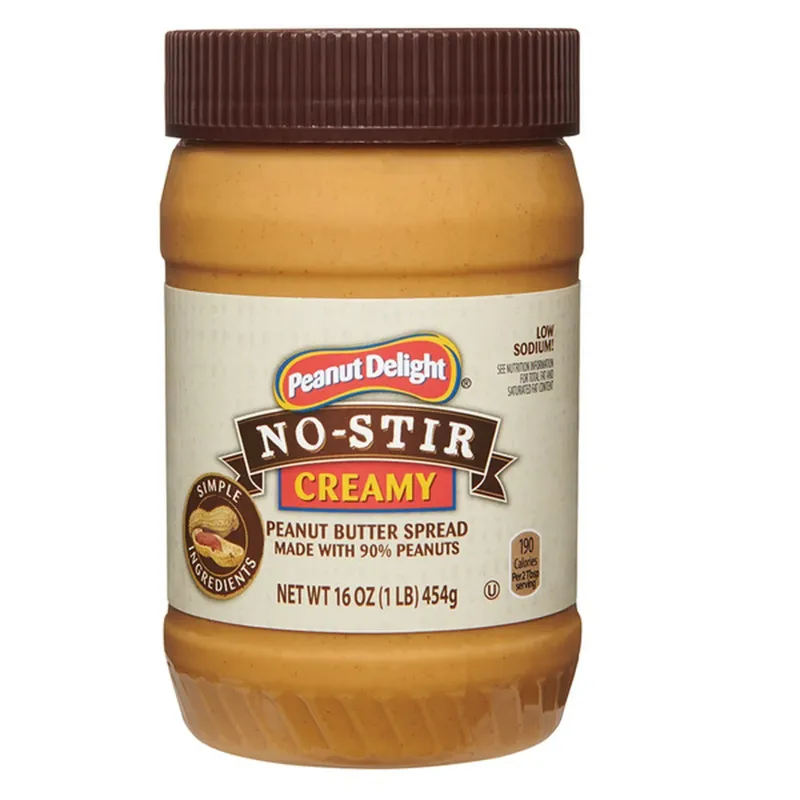
Aldi’s Peanut Delight offers variety, but some options are less appealing due to hydrogenated oils and added sugars. These ingredients can undercut the potential health benefits typically associated with peanut butter.
Shoppers should be vigilant, as label reading becomes crucial to distinguish between healthier natural versions and less nutritious ones. The allure of a bargain draws many, but awareness ensures a choice that aligns with dietary goals. For the discerning consumer, understanding these nuances can make all the difference.
13. Signature Select Peanut Butter (Safeway/Albertsons)
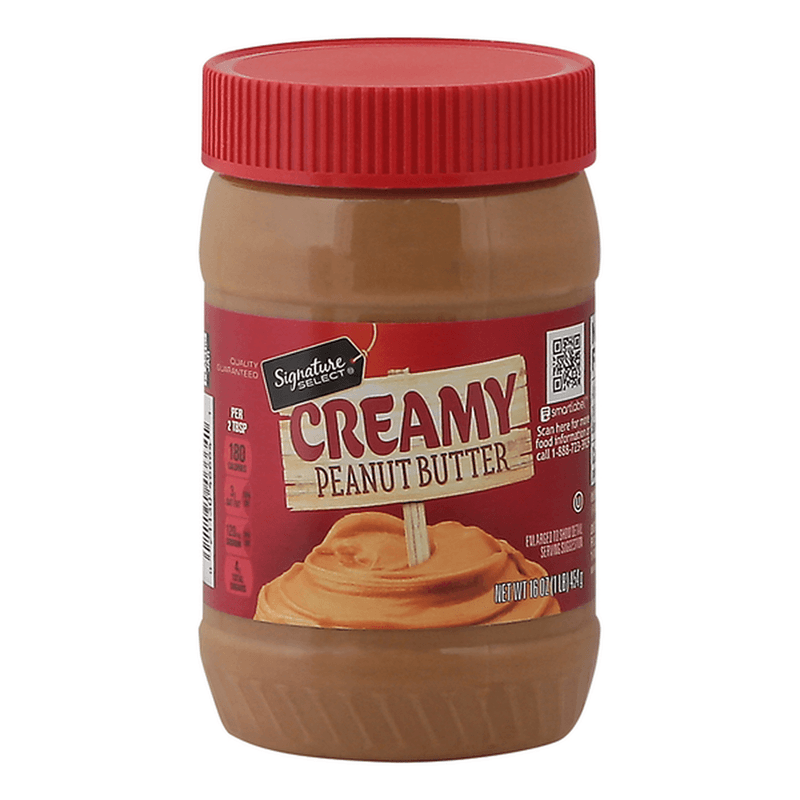
Signature Select Peanut Butter, available at Safeway and Albertsons, often contains more sugar and sodium than its competitors. Its taste may not stand out, but the greasy mouthfeel and bland flavor can deter some consumers.
While it fulfills the role of a basic peanut butter, those seeking flavor or health benefits might look elsewhere. The nutritional profile demands scrutiny, as it might not align with everyone’s dietary preferences. It’s a common choice for convenience, yet exploring alternatives can yield a more satisfying experience.
